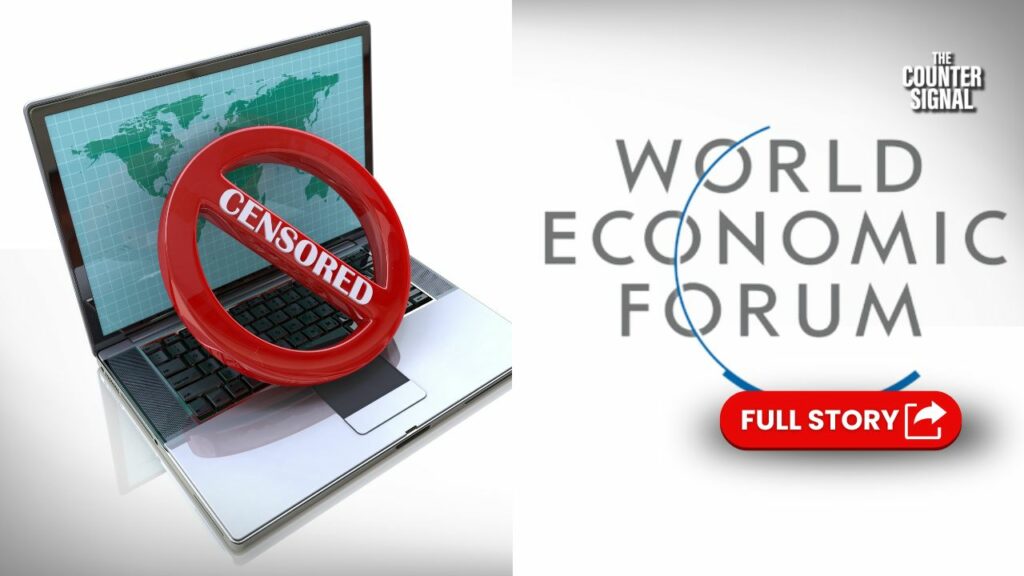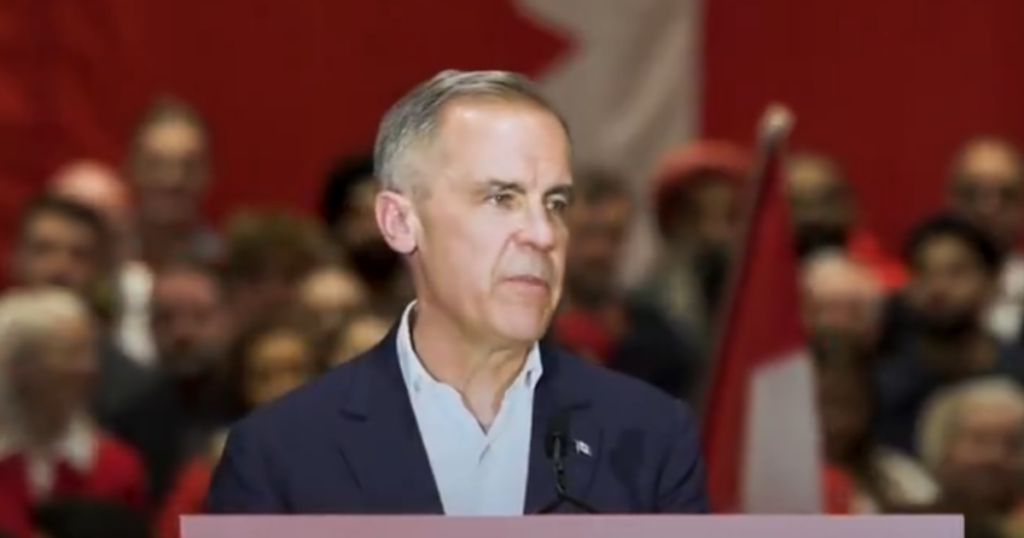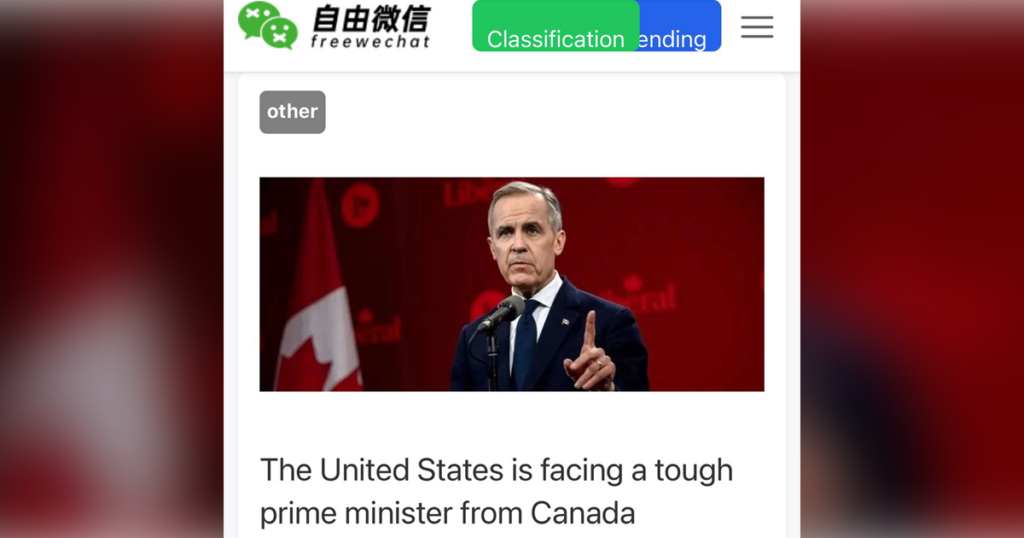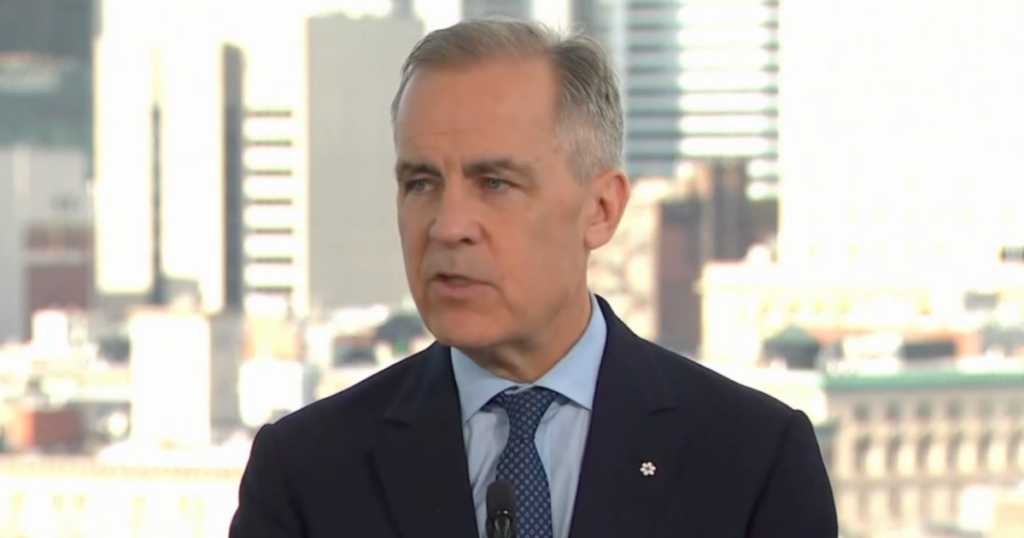The World Economic Forum (WEF) is urging governments to ramp up online censorship to ensure young people are happy.
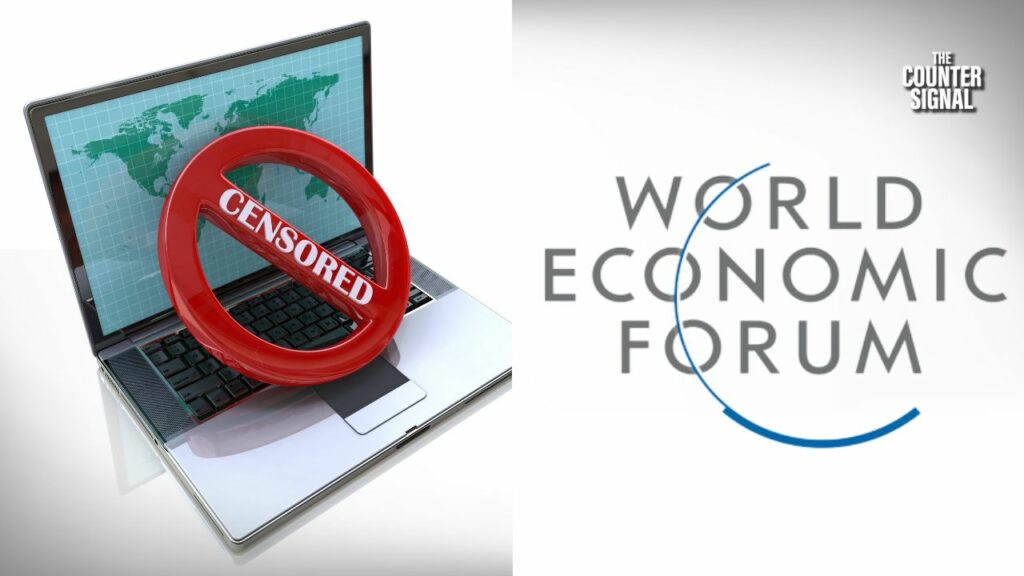
While the unelected organization didn’t say “You will see nothing, and you will be happy” like they infamously said about owning nothing, their April 5 report on declining happiness levels among young people is accompanied by their suggestions for improving such, including internet censorship, and environmental activism.
“We live in a world where teenagers grapple with a sense of crisis before adulthood; a time when young people, historically beacons of optimism, report lower happiness than their elders,” the WEF’s report states.
One solution they propose is: “Implementing stricter content regulations and policies that limit the spread of negativity and misinformation is crucial.” [Emphasis added]
The WEF further suggests all governments come to a global agreement on how to implement the appropriate level of censorship of negative speech and misinformation.
“International cooperation can ensure these reforms are implemented effectively across borders, creating a safer and more positive online environment for young people globally,” it reads.
A sense of purpose is also encouraged, which the WEF says could be something “like environmental activism or creative writing.”
This is how they've hijacked governments and imposed pseudo-scientific industrial 4.0 dictatorship. Klaus: "Ms. Merkel, even Vladimir Putin, all have been Young Global Leaders. We penetrate every cabinet, in Trudeau cabinet, there are half of the cabinet WEF Young Global Leaders. pic.twitter.com/jE8YSHcf0I
— Julija 🌹🌹🌹 (@julija9j) January 27, 2022
Liberals paid WEF for report justifying climate change policies
Earlier this year, documents revealed the Trudeau Liberals’ Climate Change department paid the WEF to produce a report that made an economic case for their environmental agenda, including the ever-increasing carbon tax.
Liberals propose Online Harms Bill that would punish citizens from crimes they *might* commit
The Liberals’ recently proposed an Online Harms Bill (C-63) that would increase the punishment for, and widen the definition of hate speech.
If passed, authorities would have grounds to punish individuals not just for hate crimes they committed, but for those they might commit.
